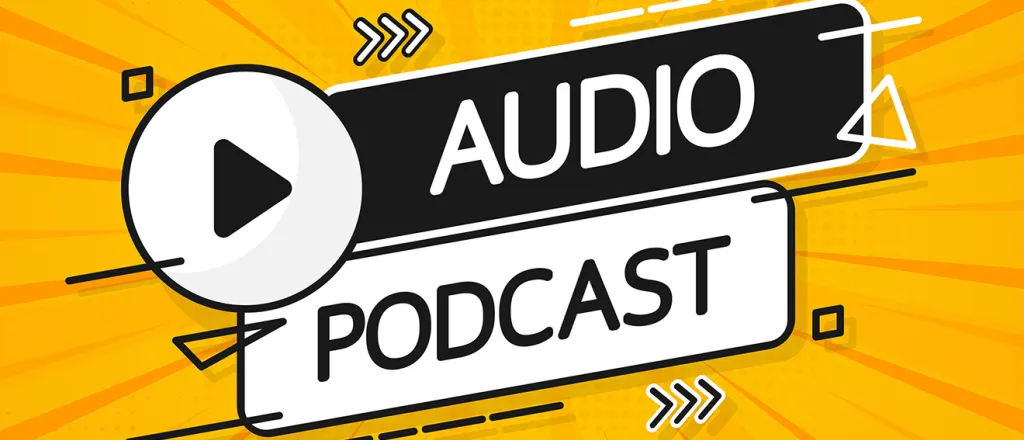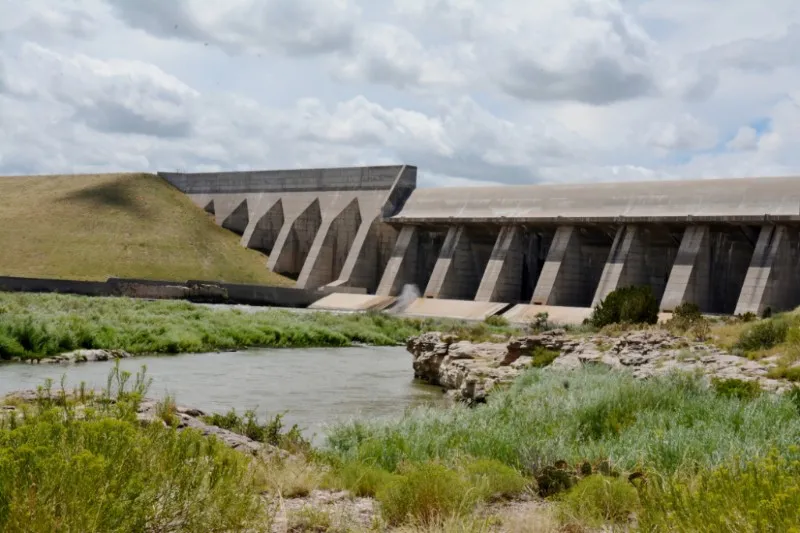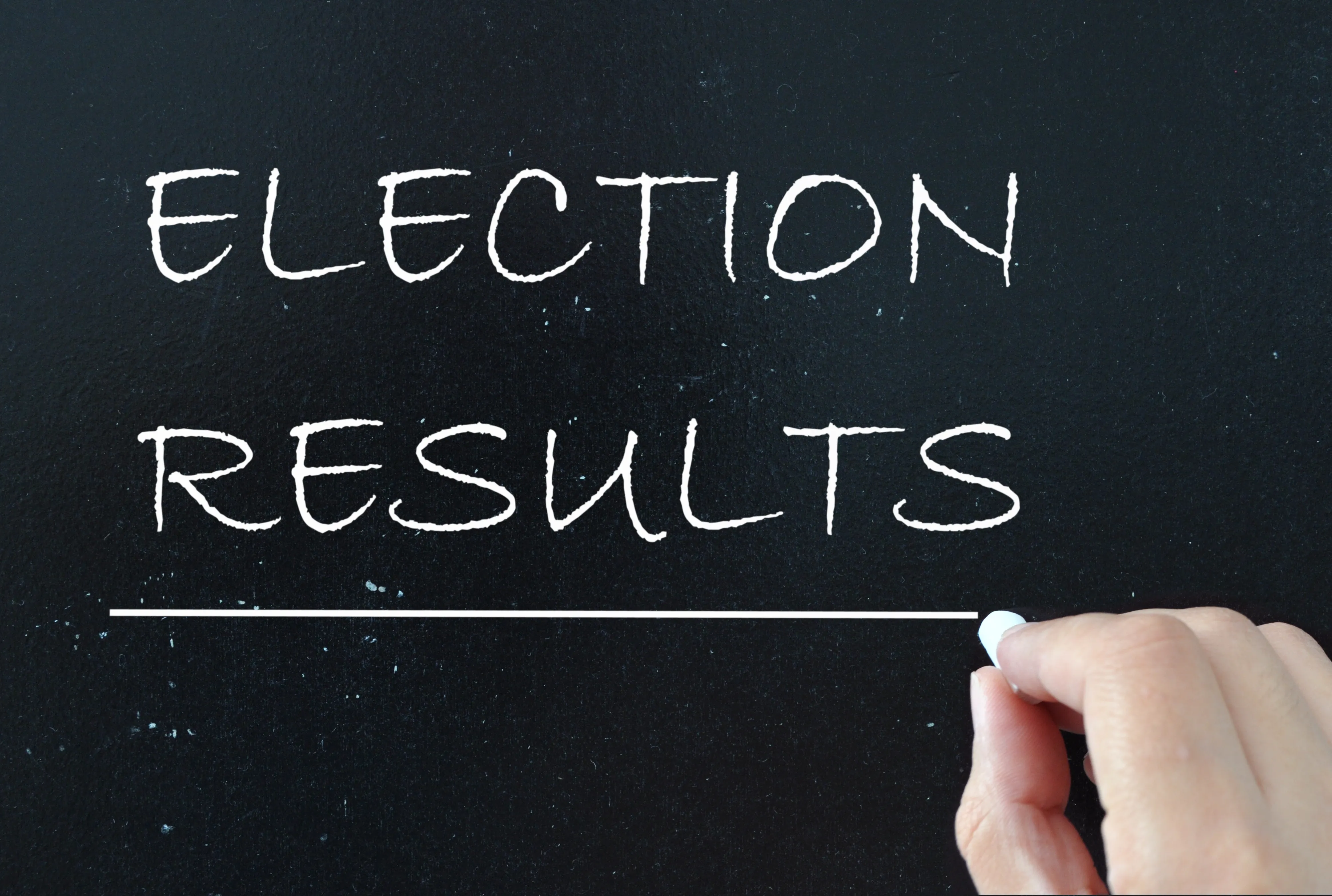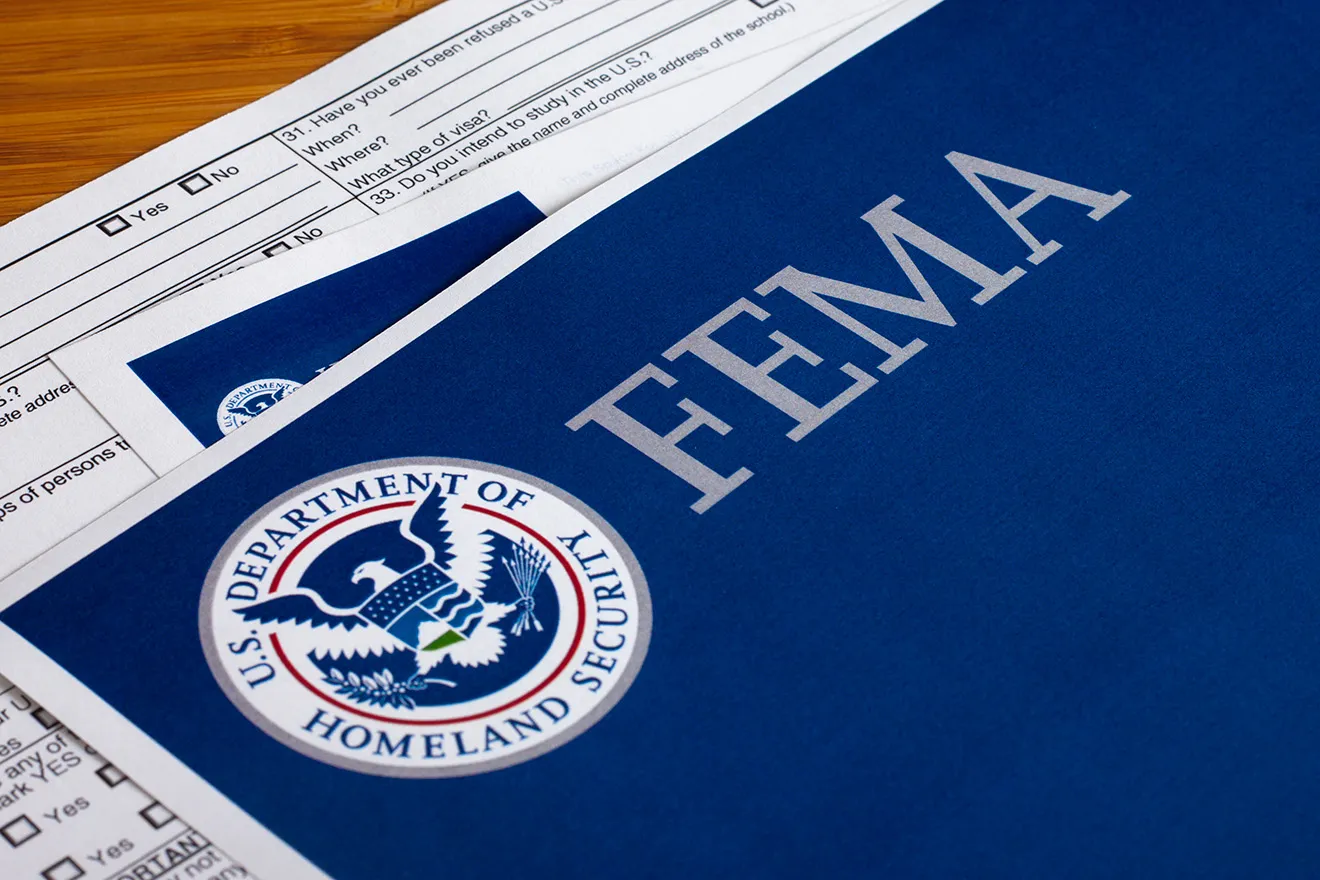
Daily Audio Newscast - March 21, 2024
News from around the nation.
Idaho bill could add restrictions to ballot initiative process; appeals court puts controversial Texas immigration law back on hold; nurses, environmental groups welcome Biden's clean car standards; Indigenous conference to address cultural identity.
TRANSCRIPT
The Public News Service Daily Newscast, March the 21st, 2024.
I'm Mike Clifford.
Idaho lawmakers are once again looking to change the ballot initiative process in the state.
Our Eric Tigehoff reports, with a little more than a week left in the session, House Bill 652 is being considered in that state Senate.
It would do a number of things to change qualifications for ballot measures brought by citizens.
That includes requiring monthly signature verification from local county clerks and a two-month review period when people who sign the ballot could remove their signatures.
Sam Sandmeyer with Bay Vote notes it also moves the deadline to gather signatures from April 30th to March 31st.
In Idaho, where we have winter months going through late spring sometimes, this would be extremely burdensome because bad weather through the winter months can make door-knocking to collect signatures difficult, especially for elderly volunteers.
Lawmakers in support of the bill say it would add transparency to the process.
Sandmeyer says there have been other attempts by lawmakers to restrict the ballot initiative process, but the Idaho Supreme Court struck down at least one of those.
She says a majority of people have testified against the current bill as well.
Meantime, judges on the 5th U.S.
Circuit Court of Appeal appeared unreceptive to arguments by the Texas Solicitor General Wednesday that the state's new immigration law should take effect because it mirrors federal law.
That from NBC News.
A three-judge panel of the court ruled 2-1 late Tuesday.
The measure, known as Senate Bill 4, should be temporarily blocked while judges hear the case.
NBC News notes the law, which Texas Governor Greg Abbott, a Republican, signed in December, would allow police officers to arrest migrants and impose criminal penalties.
Among other things, that law would empower state judges to order deportation of people to Mexico.
And on Wednesday, the Biden administration announced new tailpipe pollution standards that will give automakers more time to ramp up production of zero-emission vehicles.
Kara Cook with the Alliance of Nurses for Healthy Environments says for nurses who are on the front lines of protecting health in emergency rooms, clinics, on college campuses, and in K-12 schools, enacting strong emission standards is a public health issue.
We are caring for those that are most impacted by pollution, and we are really seeing firsthand the impact that tailpipe pollution is having on the public health as well as community health.
Traffic pollution is linked to premature death, lung cancer, asthma, and other health impacts.
The new standards will not be as sweeping as a previous EPA proposal through 2030, but the agency hopes to make up ground by 2032 and cut 7 billion tons of pollution by mid-century.
I'm Eric Galatas.
Transportation remains the number one source of climate emissions in the U.S.
This is Public News Service.
Billings-based Western Native Voices, holding its annual membership conference in Great Falls, starting tomorrow, members are discussing demographic participation, but also cultural issues affecting tribes.
The conference is called No Vote Left Behind and will focus on helping indigenous people register to vote and know where and when to cast ballots.
Just as importantly, workshops will focus discussions on cultural identity and what it means to be Native.
Western Native Voice Communications Director Tracy Garfield is a member of the Cinnaboyne Tribe and says more than 50 percent of indigenous people in Montana live off reservations, which leaves many wondering where and how they fit in with their culture.
Participants and members of the workshop will be able to talk to each other, talk about what it means to be Native, how they grew up.
Some grew up on a reservation.
We'll have people who grew up in the urban areas.
We'll also have people who grew up in rural Montana off of the reservation.
I'm Mark Moran.
In the meantime, to North Dakota, where there and in many other states, the backgrounds of people serving in state legislatures largely leave out one key demographic, the working class.
Researchers at Duke University and Loyola University, Chicago, say their study finds the share of legislators across the country who have mainly held working class jobs as adults was below 2 percent in 2023.
In contrast, 50 percent of the U.S. labor force is made up of manual labor workers, the service industry, and clerical or union jobs.
Report co-author Eric Hansen says the data represents a clear disconnect.
There's this real sense that government and elected officials are really out of touch with the population.
And one of the reasons for that is because our elected officials don't really come from the same set of backgrounds that most Americans come from.
I'm Mike Mowan.
Finally, Daniel Smith reminds us spring marks the season for annual migrations for numerous bird species.
Bird experts say bird watchers are encouraged to be vigilant as they may encounter countless species ranging from waterfowls and songbirds to shorebirds, herons, egrets and raptors.
Eric Johnson with Audubon Delta says he recently saw a prothonotary wobbler in south Louisiana and they should be flying to Arkansas in a few weeks.
So over the course of the next two months, something like 2.1 billion birds are going to cross the Gulf of Mexico and funnel themselves up the Mississippi flyway, may even through Arkansas on their way to their breeding grounds across the eastern United States and Canada.
Johnson says bird migration typically starts in mid-March and reaches its peak in early May.
This is Mike Clifford for Public News Service, member and listener supported.
You can hear us on radio stations big and small, your favorite podcast platform.
Find our trust indicators at publicnewsservice.org. [end]

















